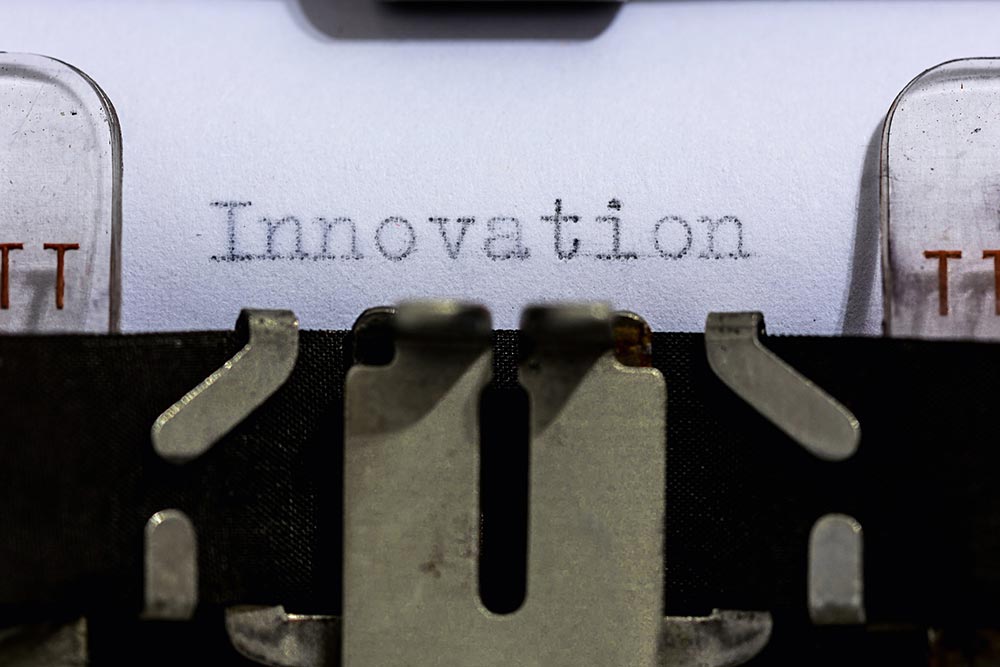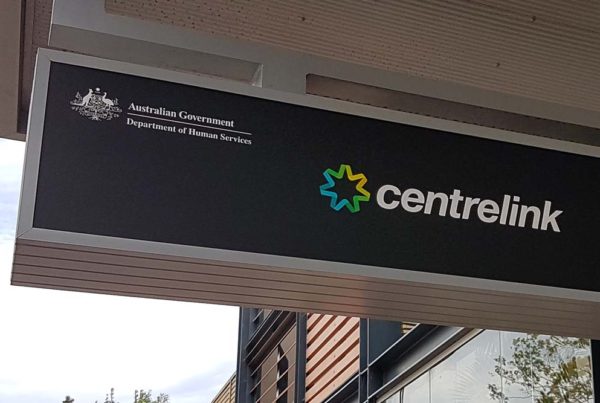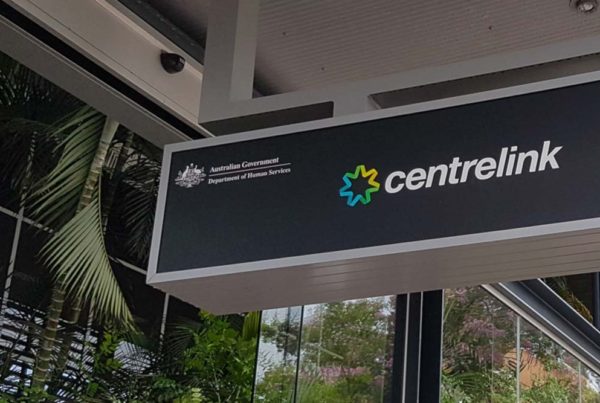
Image: Dennis Skley
In the time following the Global Financial Crisis, international markets continue to struggle to find an effective formula for driving long term economic growth.
However, notwithstanding this uncertainty, it is clear that future national growth plans will need to contain a significant dose of technology driven innovation. For any 21st century economy, it is simply impossible to discuss growth without also considering technology and innovation.
The government sector has an important role to play as a market regulator and policy-maker. Government is also a big purchaser of technology, and government procurement can have a profound impact on the local technology market.
Technology initiatives receive clear attention at the United Nations
Last year, the United Nations recognised the importance of technology in two key statements released at the end of 2015.
The 2015 United Nations Information Economy Report outlined the effect technology is having in a changing world:
“As online transactions are increasingly embraced by enterprises and consumers, the global landscape is rapidly changing, with developing countries as a group assuming a more prominent role as both buyers and sellers of goods and services online”.
In a statement to the United Nations General Assembly, Secretary-General Ban Ki-moon discussed the importance of technology in bridging the divide between rich and poor, and in driving the future growth of national economies.
Information technology has certainly come a long way from its backroom geeky heritage.
Government procurement reform is a key ingredient for driving national economic development
Against the backdrop of such lofty statements about national economies, the more pedestrian culture of government procurement sits a little uncomfortably. Some policy makers may see government procurement as just the mechanical application of conservative rules and bland procedures. However, procurement is about a lot more than just a hard slog means to an end.
In the past, government procurement processes may have been guilty of over-cooking the process and perhaps losing focus on the actual desired outcome. However, as governments strive to become more agile and innovative, it is no longer viable to drive tediously slow procurement.
The desired outcomes have also become more complex and more difficult to define. It is no longer just a question of buying a particular piece of hardware or software. An alternative option may be to outsource the entire business process, or to purchase a cloud-based service.
Driving innovation through government procurement
Governments need to foster the development of small, local technology businesses in order to create local capabilities in newly emerging markets. Small businesses need government contracts. It is not just about the money.
Good quality government reference sites are extremely valuable in helping small suppliers to build their business reputation, both within national boundaries and in emerging markets overseas.
However, innovators and start-ups are frequently found pressing their noses against the window, hoping to get a bigger slice of lucrative government contracts. Government can be one of the toughest markets to crack, and the reasons can be quite unintentional:
- There is a trend to consolidate the myriad of government contracts into a small number of suppliers. These are in turn grouped as “strategic partners” or “commodity suppliers”. This approach has many advantages for government. It relieves government managers of a lot of unnecessary integration problems and the need to arbitrate technical disagreements between suppliers. However, an unintended consequence is to squeeze out smaller niche suppliers – who lack the corporate firepower to take on large multinationals.
- Many governments have been encouraging larger companies to involve smaller businesses in their tender responses. It was hoped this approach would deliver innovative ideas, while maintaining a single point of contact for government. While there are a number of examples where this approach has worked very well, there is also no shortage of examples where this has gone horribly wrong. As one small company noted, “it’s like a mouse having a business partnership with King Kong! Sometimes you get squashed, just by standing in the same room.”
- Many countries are a signatory to a number of international Free Trade Agreements. These agreements typically require government tenders to be open to all suppliers irrespective of their size or location. In other words, government should not show favoritism in its procurement. This sounds very reasonable, except if you are a small local company competing against larger established companies with deep sales and marketing pockets. It is not a level playing field.
Kevin Noonan is Ovum’s global lead analyst for the government sector.
ABOUT OVUM
Ovum is a leading global technology research and advisory firm. Through its 180 analysts worldwide it offers expert analysis and strategic insight across the IT, telecoms, and media industries. Founded in 1985, Ovum has one of the most experienced analyst teams in the industry and is a respected source of guidance for technology business leaders, CIOs, vendors, service providers, and regulators looking for comprehensive, accurate, and insightful market data, research, and consulting.
With 23 offices across six continents, Ovum offers a truly global perspective on technology and media markets and provides thousands of clients with insight including workflow tools, forecasts, surveys, market assessments, technology audits, and opinion. In 2012, Ovum was jointly named Global Analyst Firm of the Year by the IIAR.
Ovum is a division of Informa plc, one of the leading business and academic publishing and event organisers globally, headquartered in London. Informa is quoted on the London Stock Exchange.
View Ovum Profile




